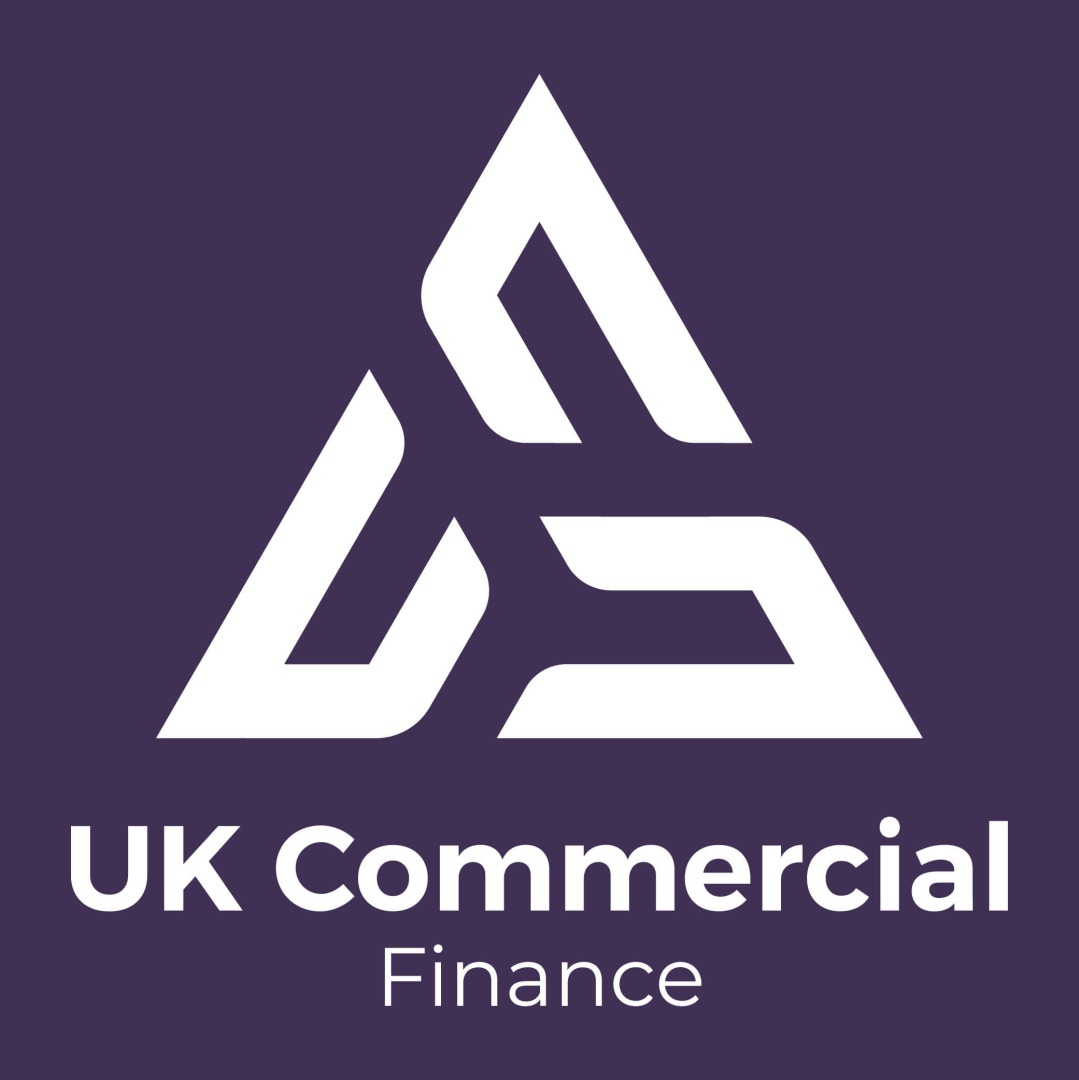
A Guide to Unsecured Loans
Organisations have the opportunity to borrow funds without having to provide any collateral with unsecured loans, such as business assets like property or equipment.
What is an Unsecured Loan?

An unsecured loan is a type of loan that is not backed by collateral, such as a house or a car. This means that the borrower does not have to pledge any assets as security for the loan. Instead, the loan is approved based on the borrower's creditworthiness, which is typically evaluated based on factors such as credit score, income, and debt-to-income ratio.
Because there is no collateral backing the loan, unsecured loans generally have higher interest rates than secured loans. This is because lenders take on a higher risk by lending money without any security, and they need to charge higher interest rates to compensate for that risk. Unsecured loans are often used to finance personal expenses, such as home renovations, medical bills, or debt consolidation.
Examples of unsecured loans include personal loans, credit cards, and student loans. Personal loans are typically used for a specific purpose and are paid back over a fixed term with interest. Credit cards are a form of revolving credit, which allows the borrower to borrow and repay funds as needed. Student loans are a type of unsecured loan that is used to finance education expenses and are typically paid back over a longer period of time.
Why Would You Use An Unsecured Loan?
There are several reasons why someone might choose to use an unsecured loan, including:
Flexibility: Unsecured loans can be used for a wide range of purposes, such as home renovations, debt consolidation, or financing a special event. This flexibility can make them a useful financing option for people who need to borrow money but do not have a specific asset to use as collateral.
No collateral required: With unsecured loans, the borrower does not need to put up any collateral, such as a house or car, as security for the loan. This can be appealing for people who do not want to risk losing their assets if they are unable to make the loan payments.
Faster approval process: Unsecured loans can often be approved more quickly than secured loans, as there is no need for the lender to evaluate the value of any collateral.
Debt consolidation: Unsecured loans can be a useful tool for consolidating high-interest debt, such as credit card debt, into a single loan with a lower interest rate. This can help simplify the repayment process and potentially save the borrower money on interest charges.
Building credit: If someone has a limited credit history or is trying to improve their credit score, taking out an unsecured loan and making timely payments can help build credit over time.
However, it's important to note that unsecured loans often come with higher interest rates than secured loans, as the lender is taking on more risk by lending money without any collateral. Borrowers should carefully evaluate their financial situation and compare loan options before deciding to take out an unsecured loan.
Who Would Take out an Unsecured Loan?

There are a variety of individuals who might take out an unsecured loan, including:
-
Individuals with good credit: People with a strong credit history and high credit score are more likely to be approved for unsecured loans and may be able to get lower interest rates than those with poor credit.
-
Those who do not want to put up collateral: People who do not want to risk losing their assets, such as a home or car, may choose to take out an unsecured loan rather than a secured loan.
-
People who need a quick source of funding: Unsecured loans can often be approved more quickly than secured loans, which can make them a useful option for people who need money quickly.
-
Individuals looking to consolidate debt: Unsecured loans can be a useful tool for consolidating high-interest debt, such as credit card debt, into a single loan with a lower interest rate.
-
People who need to finance a large purchase: Unsecured loans can be used to finance large purchases, such as a wedding or home renovation, without having to put up any collateral.
-
Business owners: Business owners may take out unsecured loans to finance business operations, such as buying inventory or equipment, or to cover unexpected expenses.
It's important to note that unsecured loans typically come with higher interest rates than secured loans, as lenders take on more risk by lending money without any collateral. Borrowers should carefully evaluate their financial situation and compare loan options before deciding to take out an unsecured loan. - https://ukcommercialfinance.co.uk
Disclaimer: This article is for informational purposes only and does not constitute a recommendation or investment advice. You should not construe any such information or other material as legal, tax, investment, trading, financial, or other advice. Please seek a professional financial advisor before making any investment decision. We are not responsible for and do not endorse or accept any responsibility for the availability, contents, products, services or use of any third party website as stated in our privacy policy.
Trending
-
1 Building a Strong Financial Foundation: Saving, Investing, and Retirement Planning
Daniel Hall -
2 Franchise Investment Pitfalls to Avoid: A Beginner's Checklist
Daniel Hall -
3 Why Selling to an iBuyer Could Be the Best Move for Your Home
Daniel Hall -
4 Financial Tips for Businesses: Reducing Expenses Without Sacrificing Quality
Daniel Hall -
5 9 Tips to Help You Secure a Graduate Job in Finance
Daniel Hall





Comments